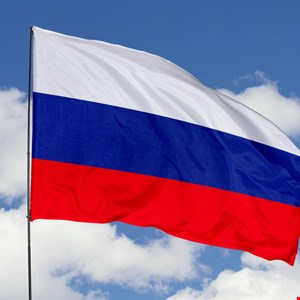The designation of cybersecurity firm Recorded Future as “undesirable” by the Russian Federation has sparked controversy and raised questions about the implications of such a label. CEO Christopher Ahlberg has responded to this designation with a sense of pride, considering it a rare compliment in his post on X.
The Russian Prosecutor General’s Office has accused Recorded Future of involvement in the collection and analysis of data on the actions of the Armed Forces of the Russian Federation. They also claim that the firm provides Ukrainian specialists with access to programs used for offensive information operations against Russia and supports the propaganda campaign against the country.
Recorded Future has been actively supporting Ukraine since the start of the full-scale invasion, providing intelligence data to protect critical infrastructure, aiding in the investigation of Russian war crimes, and offering access to their Intelligence Cloud software platform. In 2023 alone, the company invested over $20 million in aid to Ukraine and has collaborated with 16 Ukrainian government agencies and enterprises in 2024.
Despite this support for Ukraine, the Russian government has deemed Recorded Future as undesirable under a law that came into effect in 2015, prohibiting listed entities from operating in the country. Cyber policy and international security researcher Oleg Shakirov noted that Recorded Future is the first information security company to receive such a status in Russia. Typically, this label is reserved for NGOs, media organizations, foundations, and civil society groups.
In a surprising turn of events, Mastercard agreed to acquire Recorded Future from its owners, Insight Partners, in a $2.65 billion deal in September 2024. This acquisition comes at a time when Recorded Future boasts over 1900 clients across 75 countries, including governments from 45 nations and over half of the Fortune 100 companies.
The backlash against Recorded Future in Russia raises concerns about the implications of targeting cybersecurity firms involved in threat intelligence analysis. The global cybersecurity community has been closely monitoring the situation, with many questioning the motives behind Russia’s decision to label Recorded Future as undesirable.
As the controversy continues to unfold, the implications for cybersecurity firms operating in politically sensitive regions like Russia remain uncertain. The case of Recorded Future serves as a warning to other companies in the industry about the potential risks and challenges they may face in navigating geopolitically complex environments.
